Admin
-
Crime Management
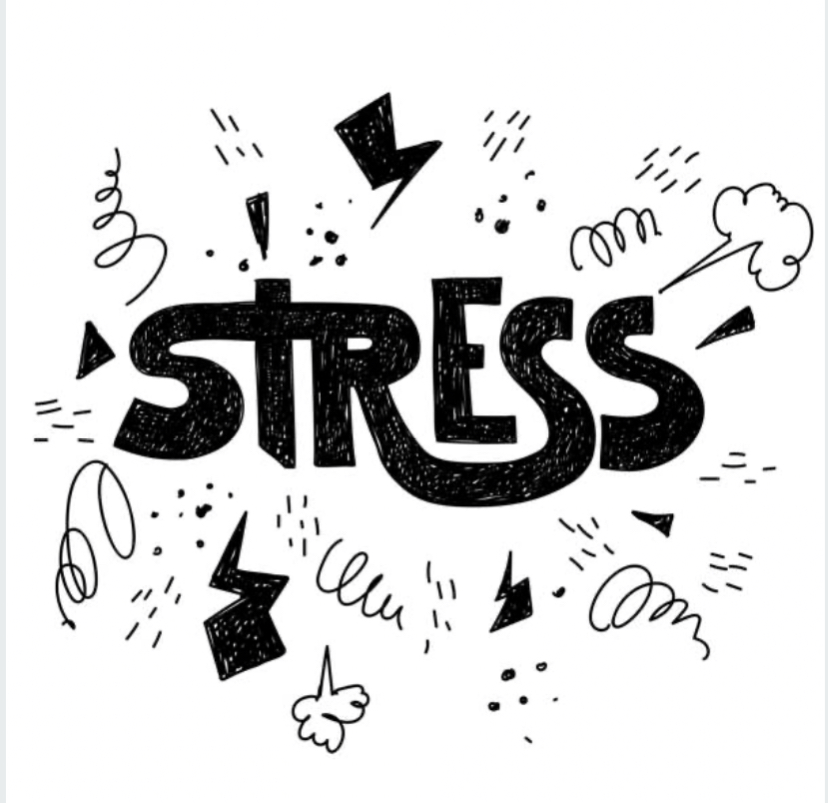
General Strain Theory Explanation of Delinquency and Crime
Introduction General Strain Theory is a widely recognized explanation of delinquency and criminality that focuses on the role of strain…
Read More » -
Crime Management

Intelligence and Crime
Introduction Many early criminologists maintained that many delinquents and criminals’ behavior is a result of below-average intelligence and that low…
Read More » -
Crime Management
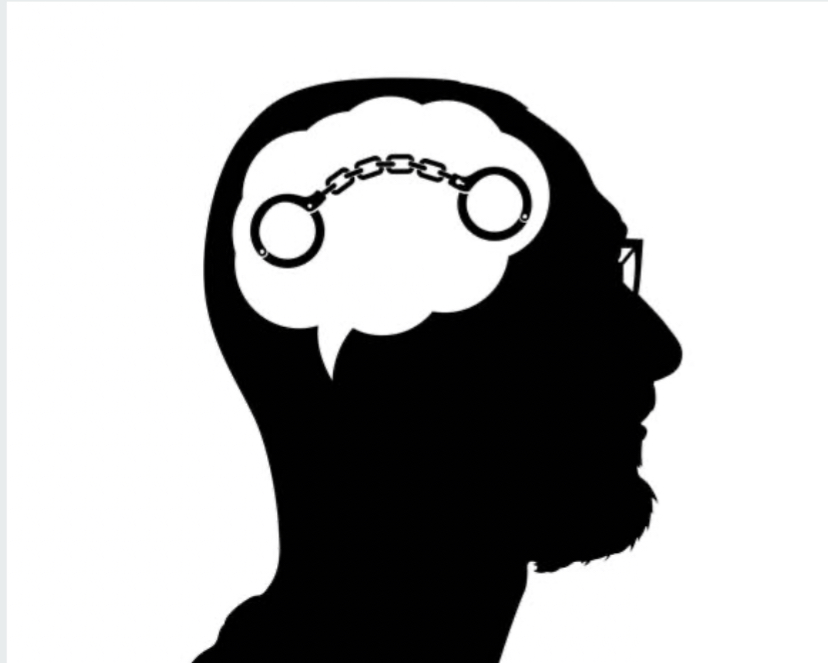
The Concept of Rational Choice in Criminal Behavior
Introduction The concept of rational choice in criminal behavior is based on the idea that individuals make decisions to engage…
Read More » -
Crime Management

Professional and Occasional Criminals
Introduction Activities of criminals have been issues of concern throughout human history, with individuals engaging in unlawful behavior for various…
Read More » -
Crime Management
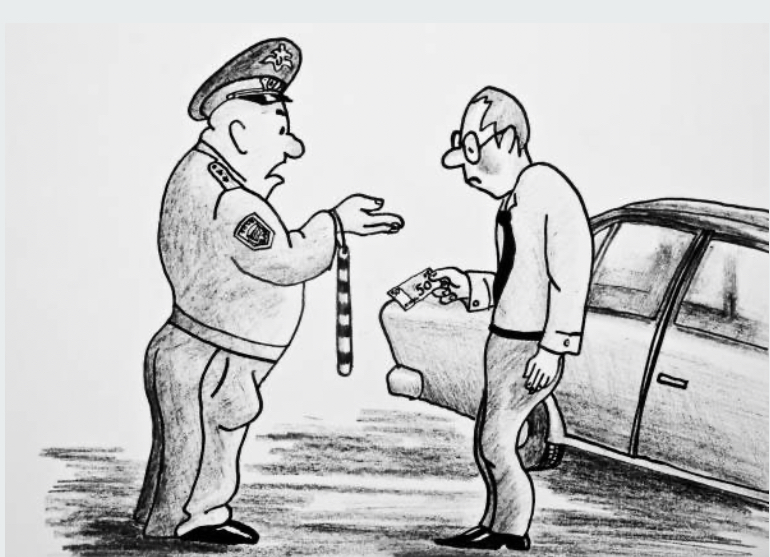
Police Corruption in Nigeria
Introduction Police corruption refers to the abuse of power and authority by police officers for personal gain or to protect…
Read More » -
Crime Management

The Impact of Poverty and Affluence on Crime
Introduction Affluence and poverty within a society raise important social and economic issues. Poverty can lead to social disparities, limited…
Read More » -
Crime Management
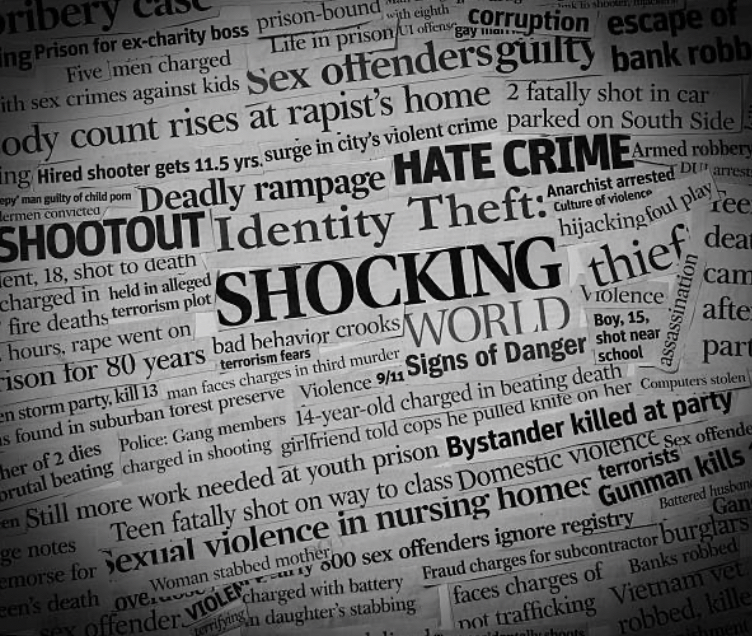
Media and Crime Reporting
Introduction In an age where information flows rapidly and abundantly, the role of media in society has become increasingly influential.…
Read More » -
Criminal justice system
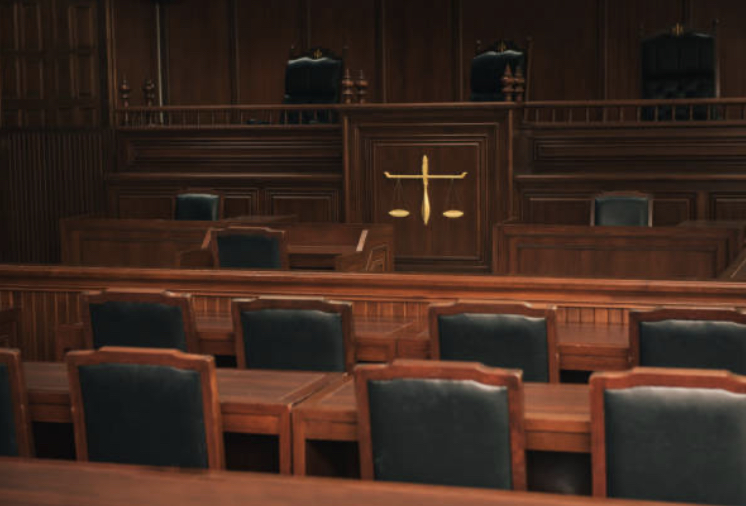
Criminal Court and Trial
Introduction In the criminal justice system, the second most prominent component is the criminal court. A court can be defined…
Read More » -
Crime Management

Money Laundering and its Consequences in Nigeria
Introduction Money laundering is a serious financial crime that casts a long shadow over Nigeria’s economy and its global reputation.…
Read More » -
Crime Management

Crime Prevention and Control
Introduction Crime prevention and control encompass a range of strategies and actions aimed at reducing criminal activities within society. Crime…
Read More »